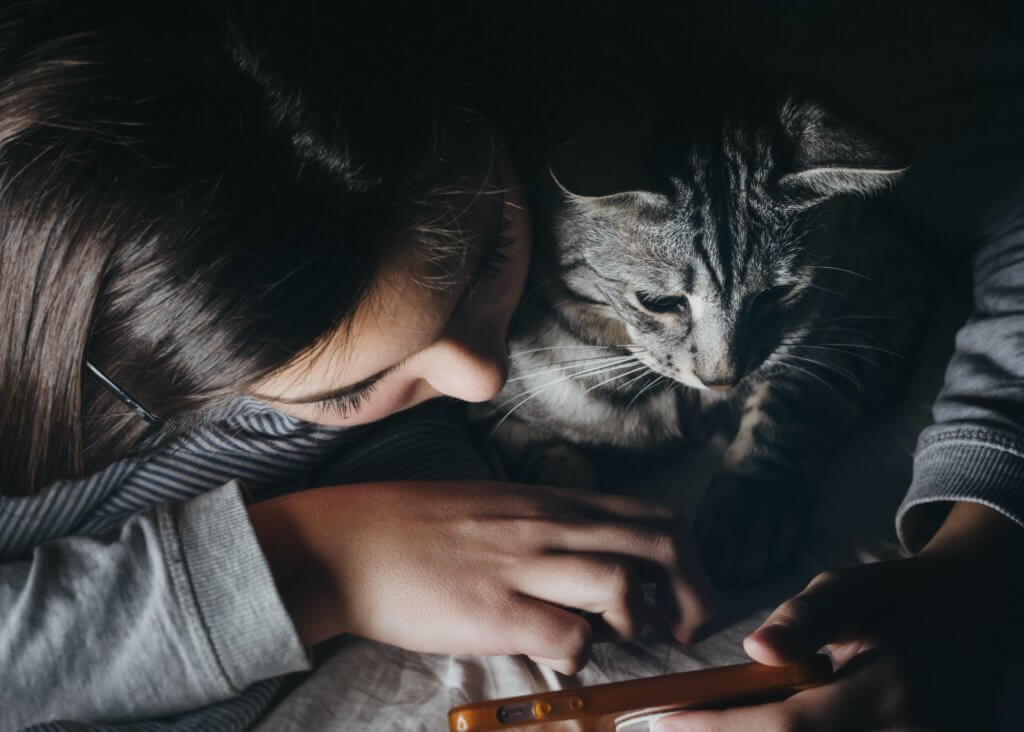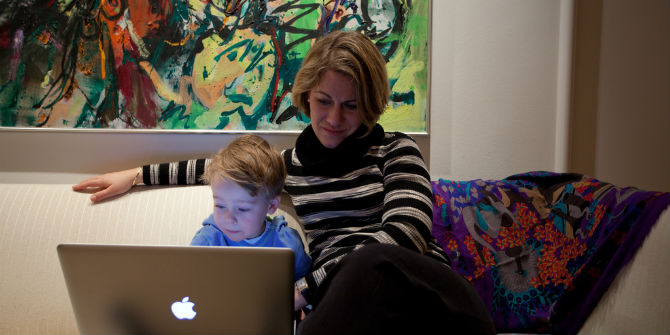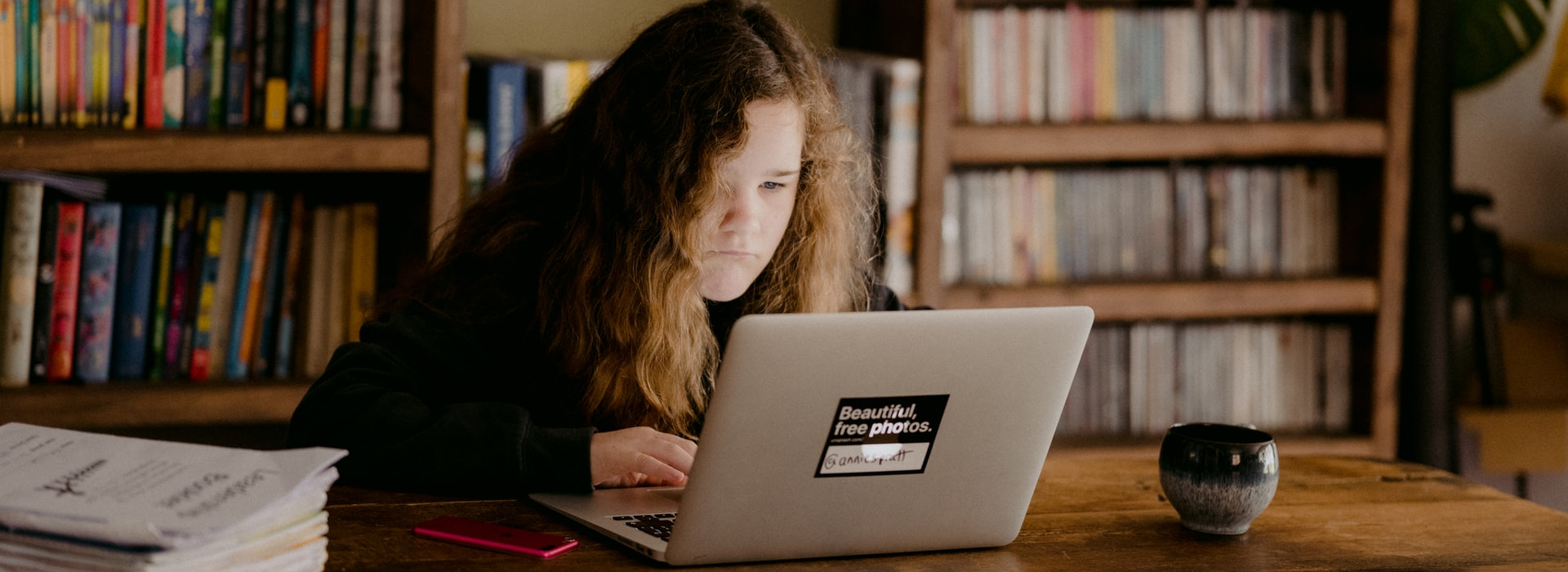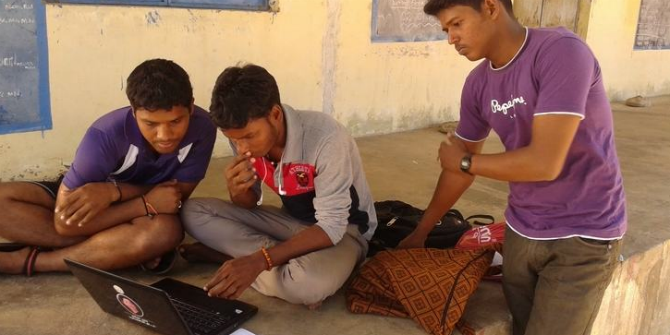 Children have the right to play (Article 31, UNCRC) and this right applies in both physical and digital environments. However, the digital environment was not made for children to play freely by design. To reimagine a digital world that promotes children’s agency in their play, we map the qualities of free play onto our analysis of the features of the digital environment. This blog post highlights what we found out about which digital features facilitate or constrain children’s free play.
Children have the right to play (Article 31, UNCRC) and this right applies in both physical and digital environments. However, the digital environment was not made for children to play freely by design. To reimagine a digital world that promotes children’s agency in their play, we map the qualities of free play onto our analysis of the features of the digital environment. This blog post highlights what we found out about which digital features facilitate or constrain children’s free play.
Building on insights from our public consultation and discussions with experts, our mapping is based on the statistical correlations observed between the qualities of free play and the features of the digital environment reported by children in the Digital Future Commission’s national survey. Children’s reports were based on their experience playing two apps of their choice (we asked about 8 different apps altogether and combined the results). As shown in Table 1, a positive correlation suggests that a feature facilitates one of the 12 qualities of play; a negative correlation suggests it constrains play (though bear in mind that correlation cannot establish causation).

So, what works? How do our findings point the way to redesigning digital environments to better support children’s free play? Four qualities of play were found to be particularly poorly supported in digital environments, so we focus on these first:
- Children’s intrinsic motivation to play appears to be undermined in digital environments that exclude certain groups. More inclusive (welcoming, tolerant) digital environments – called for by 42% of 10–17-year-olds – are likely to facilitate their intrinsic motivation.
- The voluntary nature of children’s play appears to be undermined when the digital environment includes compulsive features that make it hard to stop playing “even when I’ve had enough.” It would seem advisable to design mechanisms to help children disengage or wind down from their play.
- Children’s safety when playing appears to be undermined by digital products and services that exclude certain groups and allow hateful communication. Design solutions should address these problems to facilitate safer play opportunities.
- It’s important that children can take risks in their free play, and this may be positively facilitated by providing pathways and hybrid features in the digital environment. Finding ways to enable experimental play and boundary pushing without putting children at risk is a key design challenge.
Table 1: Digital design features that facilitate or constrain qualities of play

The findings suggest particular design features that providers and developers should consider further:
- Pathways, flexibility for users and a variety of activities are three crucial digital features that support many of the free play qualities, and around 4 in 10 survey respondents want more of these in the digital apps they play with.
- Age-appropriate features are linked to diverse, immersive, social, and stimulating play, also giving children a sense of achievement – and 58% of 10-17-year-olds call for more of these.
- Providing more creative resources within digital play contexts is linked to more open ended, imaginative, immersive and stimulating play, and 58% of 10-17-year-olds also call for more of these.
- Compulsive features that make it hard to stop playing are present in many products and services that support some of the qualities of free play (e.g. open-ended, social, stimulating), but it matters that these features are also linked to reduced safety and voluntary play, posing a challenge to designers.
- Products perceived by children to support intergenerational play are associated with more stimulating and social play that is both diverse and offers a sense of achievement; ensuring this can be done safely poses another design challenge.
- Providing help when children encounter upsetting experiences in their play is vital for safety and is also linked in children’s experience to more imaginative and immersive play.
- Although 45% of children called for no advertisements in the digital products and services they use for play, and 34% don’t want features that encourage them to spend real money (such as loot boxes), this did not appear to impact on how they judged the qualities of play. This could be because it genuinely makes no difference or because children have no real choice but to be subjected to advertising and commercial pressures if they wish to use digital products and services.
Other digital features that children want more of (such as control over data sharing or more communication channels) were also not strongly related to the qualities of play. In the case of data, this may be because children reject data sharing when asked about it but are less aware or feel they have no choice when it occurs in particular products or services. In the case of communication, this may be because children can find alternative forms of communication such as Discord or WhatsApp.
We recognise that some of these findings are more actionable than others. Some are also more urgent than others – notably, designing digital environments where children feel safe. Some are particularly challenging – for instance, enabling children to engage in risk-taking or intergenerational play without putting them in age-inappropriate environments or in the way of harm.
The experts commenting on our findings called for greater efforts from businesses in implementing safety by design as well as for a radical rethinking of business models that currently put profitability ahead of children’s best interests. Like our experts, we recognize the complexity of the design challenges that may arise. We are now organising workshops for digital innovators to develop design tools and help businesses make their digital products and services “playful by design”.
Notes
This text was originally published on the Digital Futures Commission’s blog and has been re-posted with permission.
This post represents the views of the authors and not the position of the Parenting for a Digital Future blog, nor of the London School of Economics and Political Science.





